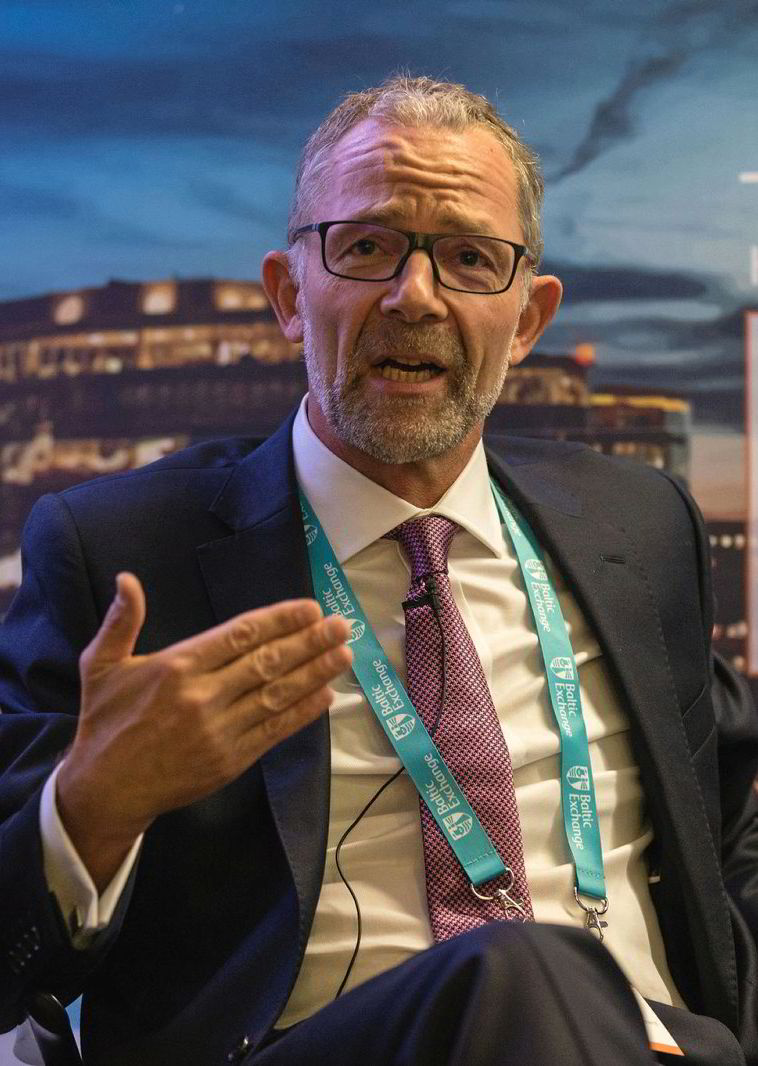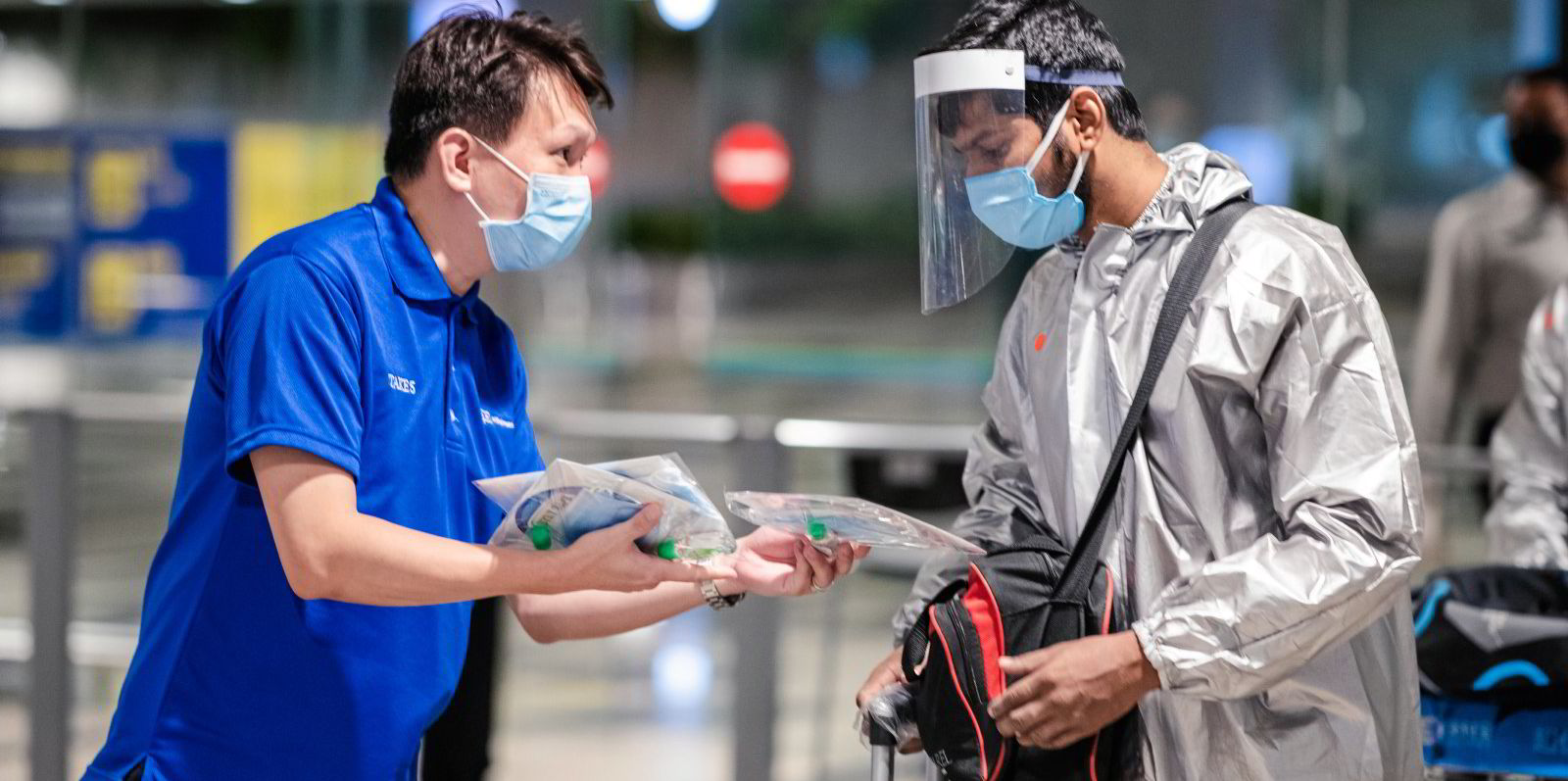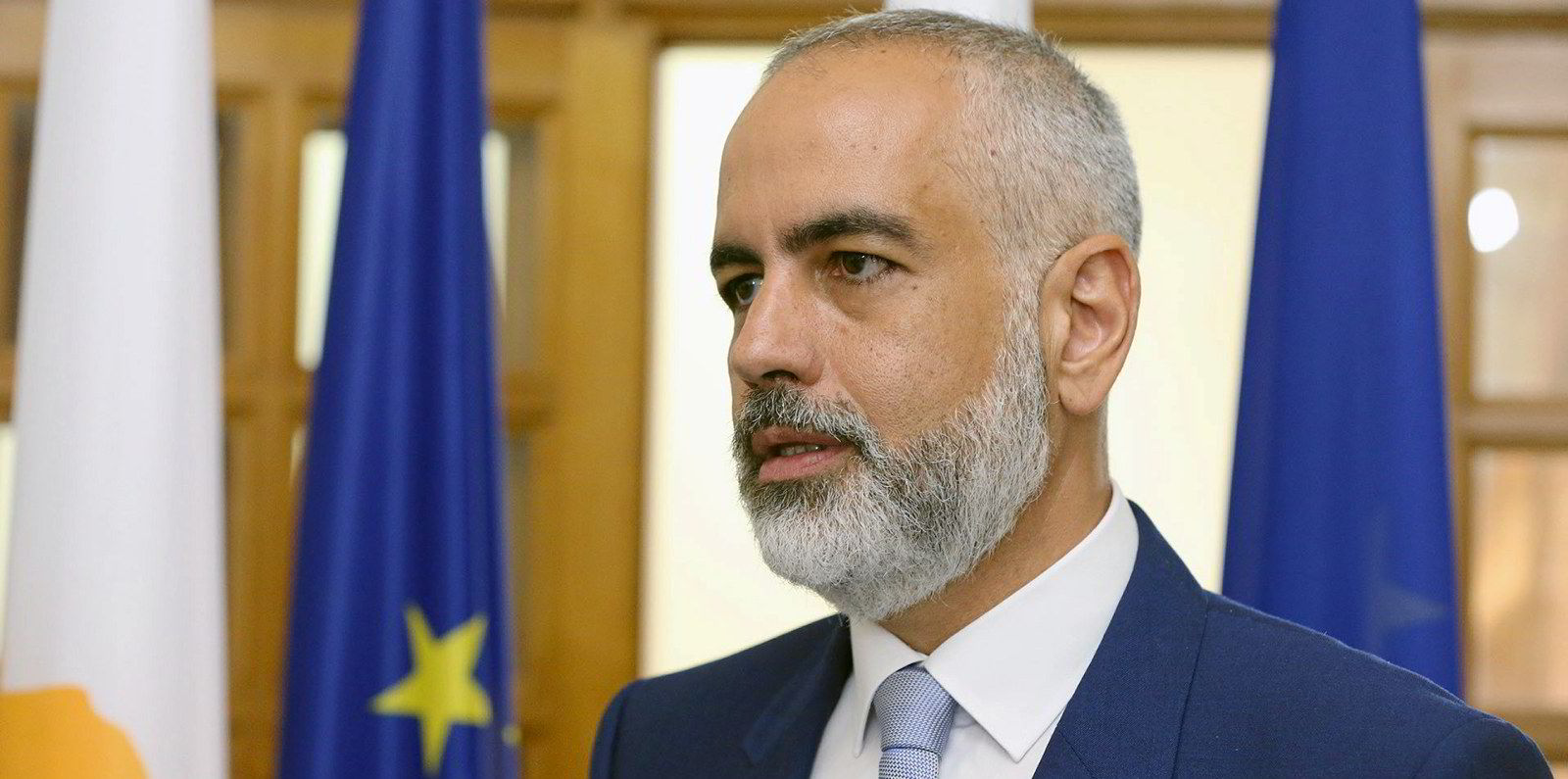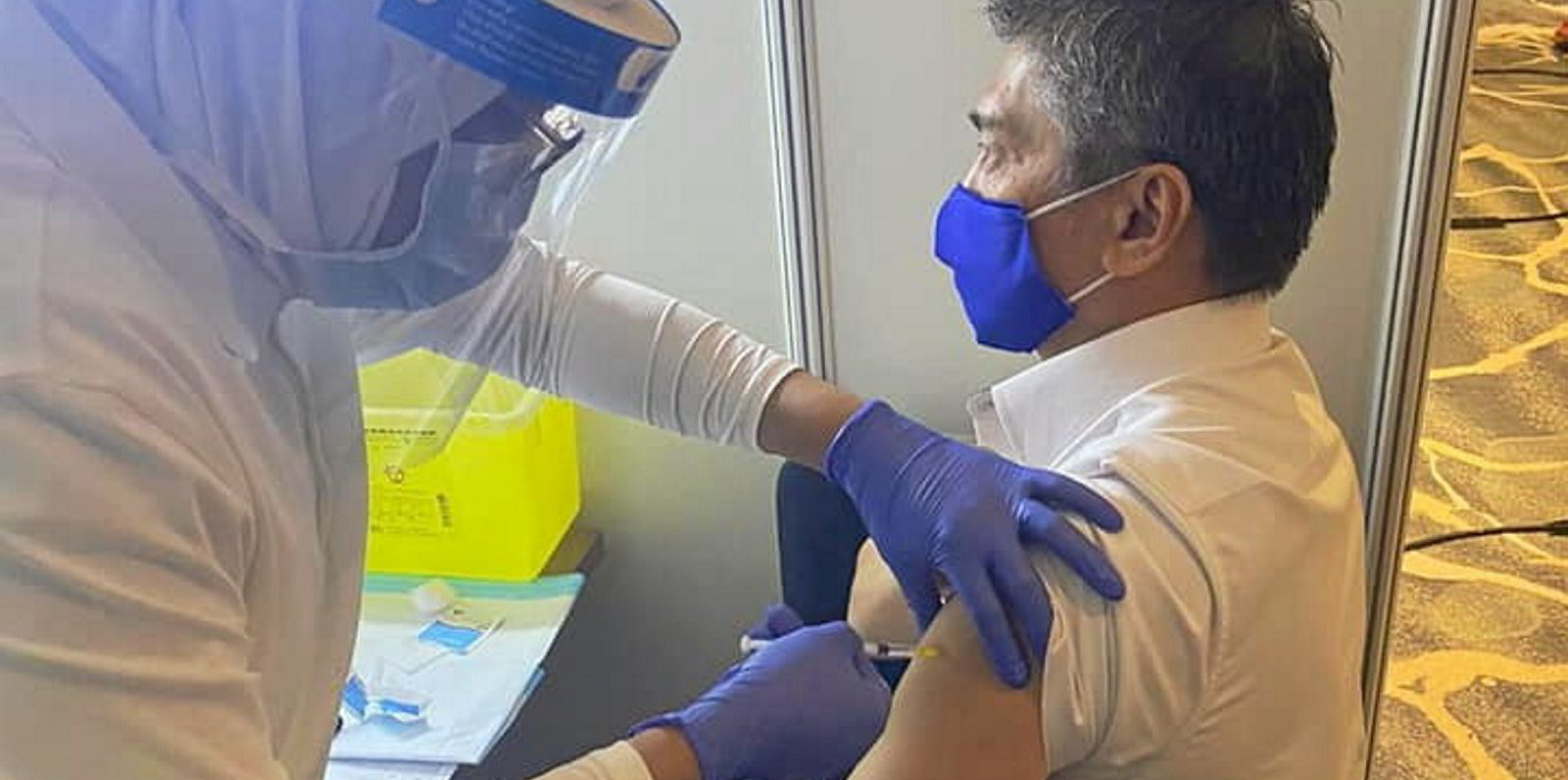The coronavirus pandemic has been a catalyst for change that was either coming or needed across the ship management industry in the way people are perceived and treated.
“It is not only the responsibility of the shipping industry to recognise seafarers for the essential job they are doing, but it is also the duty of governments worldwide to acknowledge seafarers’ basic rights,” said Ian Beveridge, chief executive of Bernhard Schulte Shipmanagement and the Schulte Group.
“Failing to do so will keep affecting our ability to rotate crews on and off ships and constantly jeopardise the passage of essential goods to keep shelves stocked and economies running,” he said.
Not only has the crew-change crisis shaken the shipping industry’s role in world trade and revealed a lack of influence among global governments, but it has cast a spotlight on how well its workers are treated, particularly the 1.7m who go to sea.
“The single biggest differentiator between companies that have managed the pandemic well and will come out of it well, and those who haven’t and won’t, will be [their ability] to carry people through and beyond,” said Columbia Shipmanagement chief executive Mark O'Neil.
Engaging with crew was in the past “left to the coalface” of marine and technical superintendents, but O’Neil said he now does a weekly 20-minute video with all crew and staff and each director calls 10 vessels a week.
Columbia brought in mental health help systems and a wifi access. “Generally, our crew morale is higher than it’s ever been because we now better identify with them, communicate with them, provide for their welfare. Prior to Covid-19, crew were talking about being an invisible workforce. How sad is that?” said O'Neil.

Maintaining morale
Anglo-Eastern said moves such as quarantining crew in hotels, chartering flights and putting a pool of people up as a buffer against future ship calls have helped maintain morale.
“This year has been excessively difficult for seafarers. You go on board ships not knowing whether you will be relieved in accordance with your contract terms, you have limited access to shore leave and if you get sick it may be difficult to get to a doctor. And add to that the stress of worrying about family members at home being exposed to Covid-19,” said chief executive Bjorn Hojgaard.
The company has also provided free internet services for crew members to contact loved ones, and access to professionals who can help with physical and mental well-being.
Last year, Schulte launched a new version of its seafarer portal app to improve communication between crew members and shore staff. Beveridge is among many calling for crews to be granted key worker status and given priority access to Covid-19 vaccines.
Thome Group said the designation of seafarers as key workers needs to become a reality. “Sovereign nations need to ensure they implement the necessary regulatory changes required for it to be effective,” said chief executive Olav Nortun.
“We know that the healthcare systems may come under pressure in areas with high infection rates, but seafarers as key workers need to be prioritised.
“The industry must work on setting up hubs for the vaccination of seafarers,” he added.
Anglo-Eastern’s Hojgaard said: “We all appreciate that nation states have an obligation to keep the virus at bay but saying ‘I welcome ships and cargoes into my port, but I don’t accept crew change here’ is a beggar-thy-neighbour policy that isn’t befitting for any country.”
Exmar Ship Management head of business development Maximilian Dietrich said: “We must face up to the cold hard reality that, as an industry, shipping has failed to influence governments or push through crew-change solutions. We need to reflect on this and look at what changes need to be made.”
Wilhelmsen Ship Management president and chief executive Carl Schou said many seafarers come from developing countries where there is no vaccine programme yet. “Most are young so it looks like they will be at the end of the queue. We have heard that the Philippines will set up a vaccine programme for seafarers, but only in late 2022.”
One-shot solution
Schou believes managers or owners might eventually be able to acquire vaccines but said it is difficult to administer a vaccine that requires two shots several weeks apart. “To be manageable, we would need a one-shot vaccine,” he said.
In March, Russia did recognise seafarers as key workers and began giving them vaccinations.
Hamburg-based Danica Crewing Services had about 500 Russian seafarers among the 1,500 East European crew it deploys. Managing director Henrik Jensen said Danica crew were among the first to receive vaccinations in Saint Petersburg.
Even as a smaller crew manager, Jensen told TradeWinds it had been able to plan crew changes around circumstances. “So, when a ship came to a point which is reachable, then you relieve all the crew you can at that point, including maybe crew that still have one month of their contract to do.”
Jensen, though, is less optimistic than some. “The IMO [International Maritime Organization] protocols are good, but I am afraid that next time it will be a different situation and, if it is in 25 years, everybody will have forgotten.
“But I hope the better crew welfare that has come out of this will not go away — that this is something we can take out of this,” Jensen said.
Jonathan Boonzaier contributed to this article.







